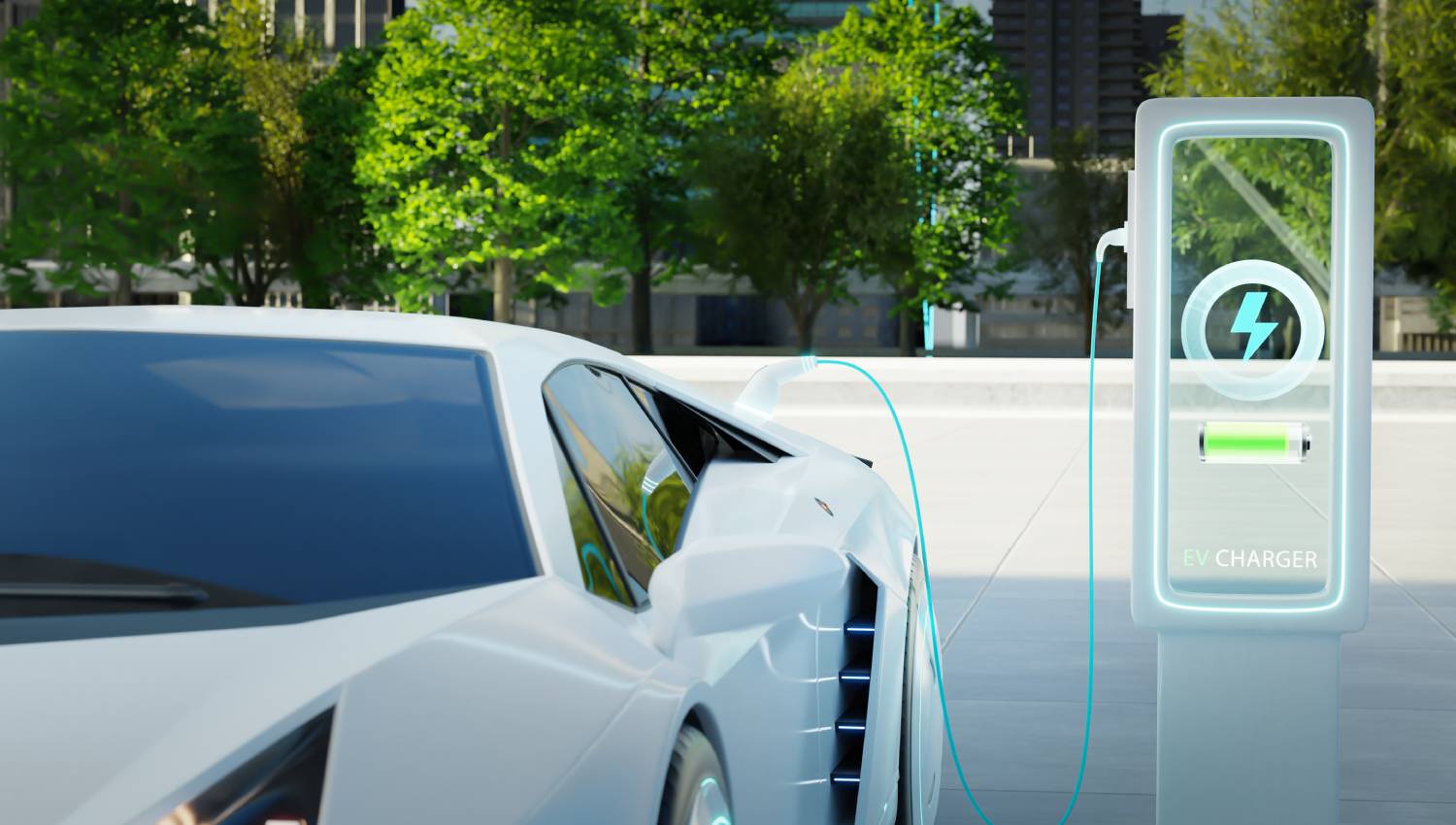In 2024, EVs accounted for 8% of new car sales and comprised over 25% of sales in California. EVs are becoming an integral part of everyday life. However, EV adoption brings with it new challenges—particularly for the electric grid. Managing the charging demand of millions of EVs requires innovative solutions that ensure sustainability, affordability, and reliability. Enter EV smart charging and load management.
What is EV Smart Charging?
Smart charging refers to a dynamic system that intelligently manages the flow of electricity to EVs. Unlike traditional charging, where power flows at a consistent rate regardless of external conditions, smart charging takes into account factors like:
Time-of-Use (TOU) rates
Charging during off-peak hours when electricity is cheaper.
Grid conditions
Adjusting charging rates based on grid capacity and demand.
Renewable energy availability
Aligning charging with periods of high renewable energy generation.
Driver preferences
Ensuring charging schedules meet individual mobility needs.
By integrating these factors, smart charging minimizes costs, reduces grid strain, and maximizes the use of clean energy.
The Role of Load Management
Load management takes smart charging a step further. It’s about optimizing the distribution of electricity to multiple EVs, especially in settings like multi-unit developments (MUDs), workplace parking lots, and public charging hubs. Key strategies include:
Load balancing
Distributing available power evenly across all connected EVs to prevent overloading.
Demand response
Reducing or delaying charging during peak demand periods in exchange for financial incentives.
Energy storage integration
Using batteries to store energy during low-demand periods and discharge during high-demand periods.
These strategies ensure that EV charging infrastructure operates efficiently while meeting grid requirements and driver expectations.
Why Does It Matter?
As EV adoption grows, unmanaged charging could overwhelm local distribution networks and lead to increased infrastructure costs. Smart charging and load management address these issues by:
Enhancing grid stability
Preventing outages and minimizing the need for costly grid upgrades.
Lowering energy costs
Leveraging TOU rates and demand response programs to reduce electricity bills.
Reducing CAPEX and OPEX
By managing behind-the-meter (BTM) coincident peak loads, charging operators and site hosts can avoid or defer costly upgrades to infrastructure such as transformers, while also lowering ongoing demand charges.
Accelerating clean energy adoption
Aligning EV charging with renewable energy generation.
Improving user experience
Offering personalized charging schedules that prioritize convenience and savings.
Real-World Applications
At EVoke Systems, we’ve been at the forefront of developing smart charging and load management solutions. We’re enabling seamless integration of EV load flexibility with grid operations. Here’s how:
TOU Optimization
Drivers at participating locations receive incentives to charge during off-peak hours, reducing grid strain and saving money.
Demand Response Events
Using advanced APIs, charge stations adjust load dynamically in response to grid signals, providing real-time grid support.
Data-Driven Insights
Leveraging machine learning, we analyze charging behaviors to create tailored offers that maximize savings and efficiency.
The Path Forward
The future of mobility depends on our ability to integrate EVs with the broader energy ecosystem. As technologies like Vehicle-to-Grid (V2G) and renewable energy integration mature, smart charging and load management will play an even greater role in ensuring a sustainable and resilient energy future.
To achieve this, collaboration is key. Utilities, charging network operators, policymakers, and EV drivers must work together to develop standards, policies, and incentives that promote smart charging adoption. Initiatives like OpenADR 3.0, OCPP 2.01, and IEEE 2030.13 are paving the way for interoperability and scalability.
Conclusion
Smart charging and load management are not just technological advancements; they’re essential components of the clean energy transition. By adopting these solutions, we can unlock the full potential of EVs, making transportation cleaner, more efficient, and more accessible for all.

